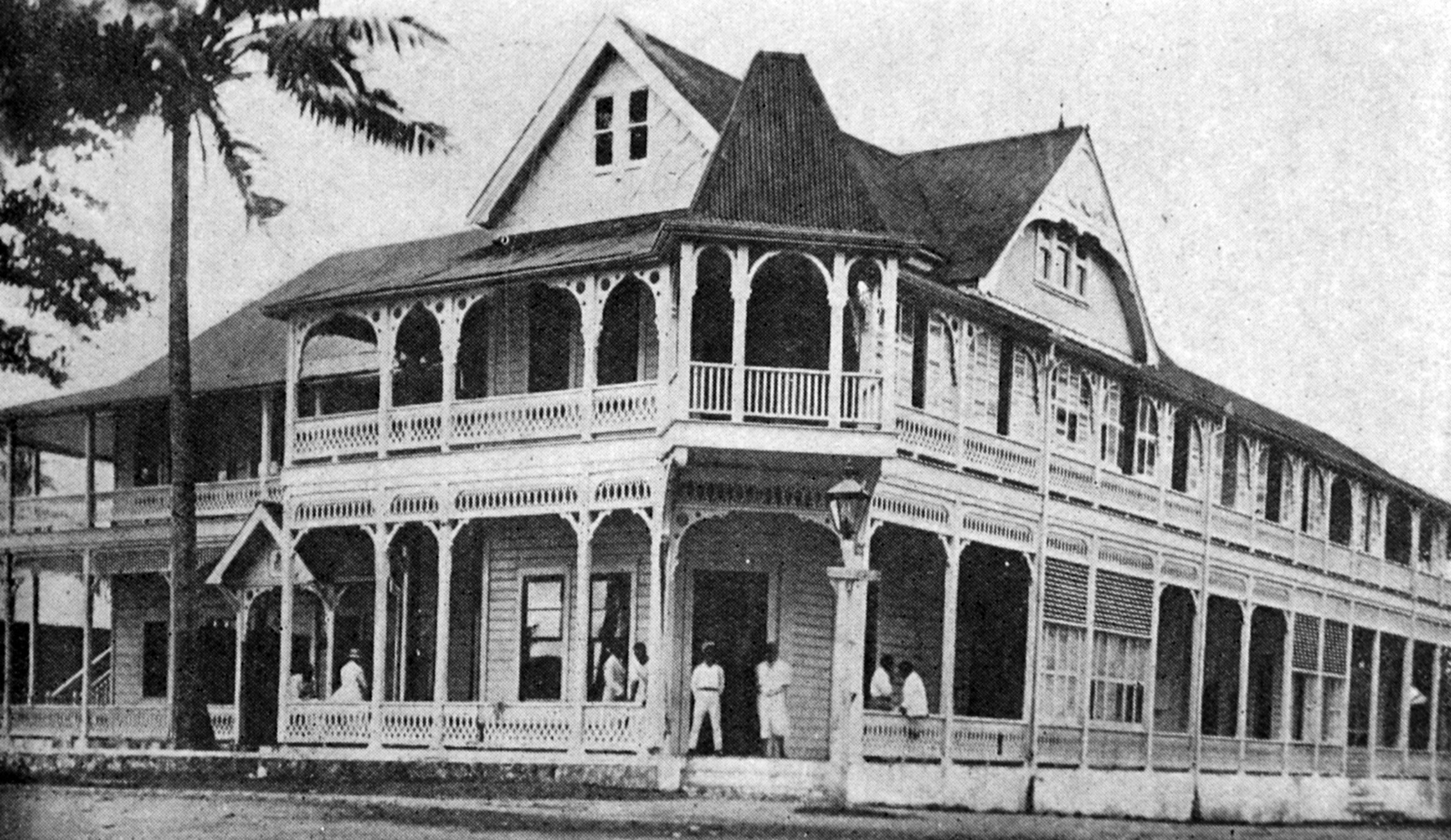

Two boys admonished
Two young boys were charged with riding bicycles on the footpath. Sergeant Boulton said the boys rode through the reserve from King street to Cumberland street and, as they emerged on to the footpath. they knocked a child down. The case was brought as a warning. This was a practice that had to be stopped. The Magistrate admonished the boys, and warned them not to ride bicycles in reserves or on the footpaths. They were convicted and discharged.
Golden hopes sunk
Cromwell, February 2: An unfortunate disaster in the mining industry occurred late last night in the sinking of the Cromwell Company’s dredge on the Clutha River. This was originally the Rise and Shine dredge, but it was bought from the liquidator last year by a local party, and after a good deal had been spent in repairs, it was put in commission again. The dredge had only been working under the new company for a few weeks. The place where the dredge was working was originally dry land, but it had gradually been washed down by the action of the river. Some years ago a good deal of old material was deposited on the land, but with the continual erosion it fell into the river. Last night the dredge brought up a heavy iron bar, but on nearing the surface of the water it struck a pontoon and seriously damaged the planking. The damage occurred in a part of the pontoon which made repair work difficult, and the efforts of the shift men were useless, the machine sinking quickly in deep water. The dredge had been winning payable returns, but during the last three days it had struck exceptionally promising prospects close to where the record returns were previously won by the Rise and Shine dredge. Apart from the labour employed the happening is more unfortunate as all the capital involved had been raised locally. At the time of the disaster the company was justly optimistic of future success.
Trouble in the tank
A little water in the fuel will cause a lot of trouble. Water is heavier than petrol and settles at the bottom; therefore, when the fuel is low in the lank, any water is likely to be drawn to the carburettor. Stale petrol is the cause of more trouble than most drivers realise. — by ‘Accelerator’
— ODT, 4.2.1924 (Compiled by Peter Dowden)











